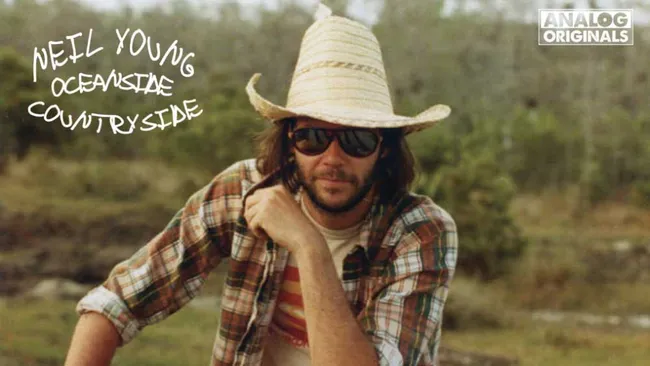New Neil Young Music: Clash Music reports that rock legend Neil Young, known for his mastery of best acoustic guitars throughout his career, announces the release of “Oceanside Countryside,” a previously unreleased album from 1977, set to debut February 14. The record represents another significant discovery from Young’s extensive Archives project.
Historical Significance Revealed: Loudersound reports that it was recorded between May and December 1977 across multiple studios including Florida’s Triad, Malibu’s Indigo, and Nashville’s Crazy Mama’s, the album shares musical DNA with Young’s 1978 release “Comes A Time,” including three overlapping tracks.
Original Vision Preserved: “These songs are the original mixes done at the time of the recordings,” Young explains. “I hope you enjoy this treasure of an Analog Original recording as much as I do.” The album features Young performing vocals and instruments on the “Oceanside” side, while collaborating with a band of friends for “Countryside.”
Dual Concept Emerges: The album divides into two distinct sides:
- Oceanside: Features classics like “Sail Away” and “Human Highway”
- Countryside: Includes “Field of Opportunity” and “Pocahontas”
Archival Journey Continues: This release marks another milestone in Young’s Archives project, offering fans unprecedented access to his historical recordings while maintaining their original analog character.


























